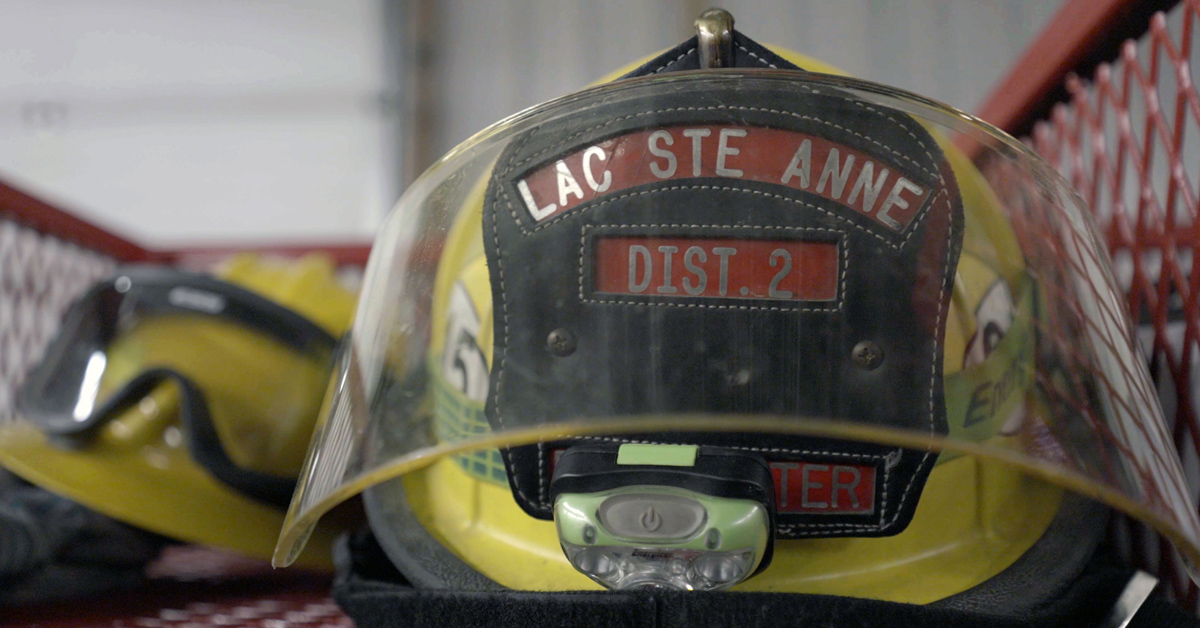On April 28, 2022, County Council passed the 2022 capital and operating budgets reflecting priorities identified during strategic planning discussions. With this budget, the County has maintained operating expenditures to accommodate little expected growth in the assessment base.
County Budget Planning
Maintaining a Fiscally Healthy Region
Overview of Operating and Capital Budgets
The County’s Capital Budget for 2022 is $9,952,835, of which 56.83% is designated for road and bridge infrastructure, 27.27% for equipment and vehicles, 12.07% for water and sewer infrastructure, and the remainder for buildings and land improvements.
The Operating Budget consists of an unexpected surplus of $1,245,543 (compared to $511,141 operating budget surplus in 2021), which includes a non-cash expense of $4,336,228 for amortization ($4,354,225 in 2021). The 2022 final budget generates $375,591 in cash from operations that are to be allocated to capital expenditures or transferred to reserves to fund future expenditures. The proposed 2022 Final Operating Budget includes a projected net increase of $872,301 (including policing charges which increased by approx. $115,000) in municipal property tax revenues. Of note, Non-residential property taxes arrears outstanding currently are cumulatively more than $2,218,000, attributable to oil and gas properties.
Lac Ste. Anne County has maintained operating expenditures across the organization to accommodate little expected growth in the assessment base. The County’s total taxable assessment increased from $2,052,045,002 in 2021 up to $2,114,446,750 for 2022, an increase of 3.0%. The 2022 Final Operating Budget includes no increase to water, wastewater, or solid waste disposal utility fees. The 2022 Final Operating Budget includes an approximate 3.5% cost of living adjustment (COLA) to salaries and wages. This increase was felt justified in consideration of the consumer price index increase this year, at 6.5% in March 2022 in Alberta. The Bank of Canada projections expects inflation will continue to rise this year.
Due to recent unforeseen fuel price increases, an additional $300,000 has been added to all departmental fuel budgets in the Final Operating Budget. Actual fuel expenditures in 2021 were approximately 25% higher than budgeted. Recreation taxes have also increased by $30 per parcel for residential improvement fees and vacant residential properties due to the increased costs of recreation, including recent increases largely pertaining to the Intermunicipal Collaboration Framework to support the Town of Mayerthorpe.
County Budget Planning Documents
Administration News

County Council Highlights

Fire Services Statement from Lac Ste. Anne County Reeve Joe Blakeman

Reeve Blakeman's Annual State of the County Message
2022 Noteworthy Budget Changes:
Funding Challenges
Challenges with funding this year are due to several issues, including the overall unpaid oil and gas property tax burden which has grown at an inverse rate to the number of new wells drilled in the province.
Our municipality has also forwarded $133,422 in education property taxes to the province that we were unable to collect from oil and gas companies in 2021. In addition, a significant decrease in the Municipal Sustainability Initiative has been implemented (MSI Capital allocation equivalent to 25 per cent which impacts investment in community infrastructure).







